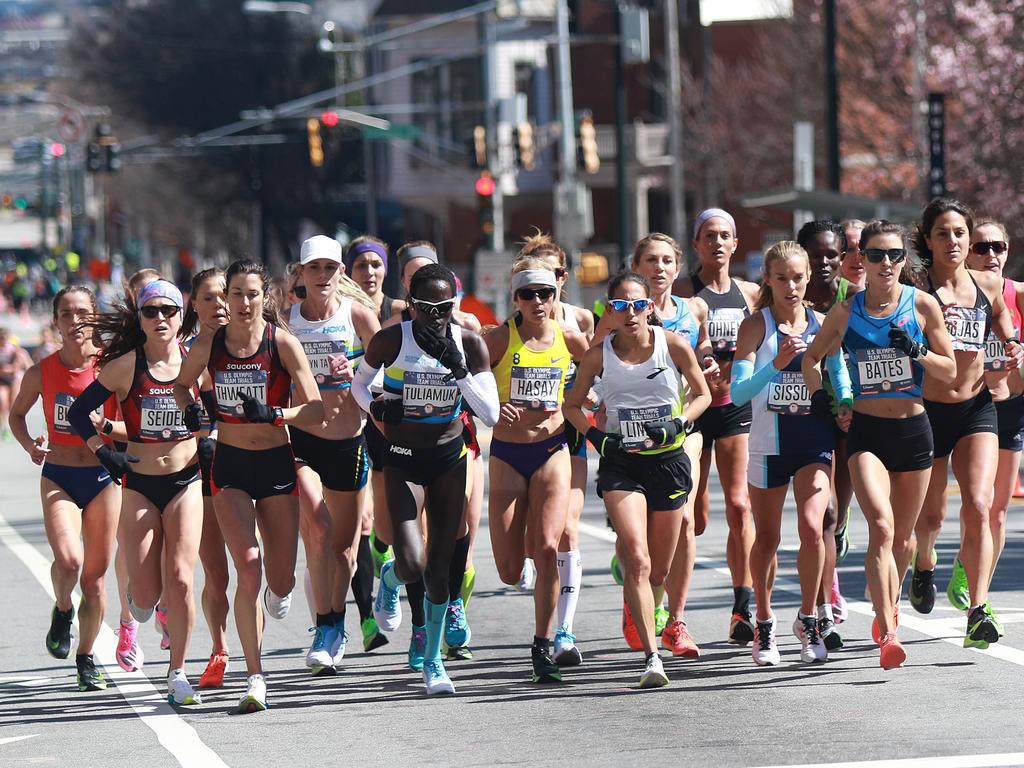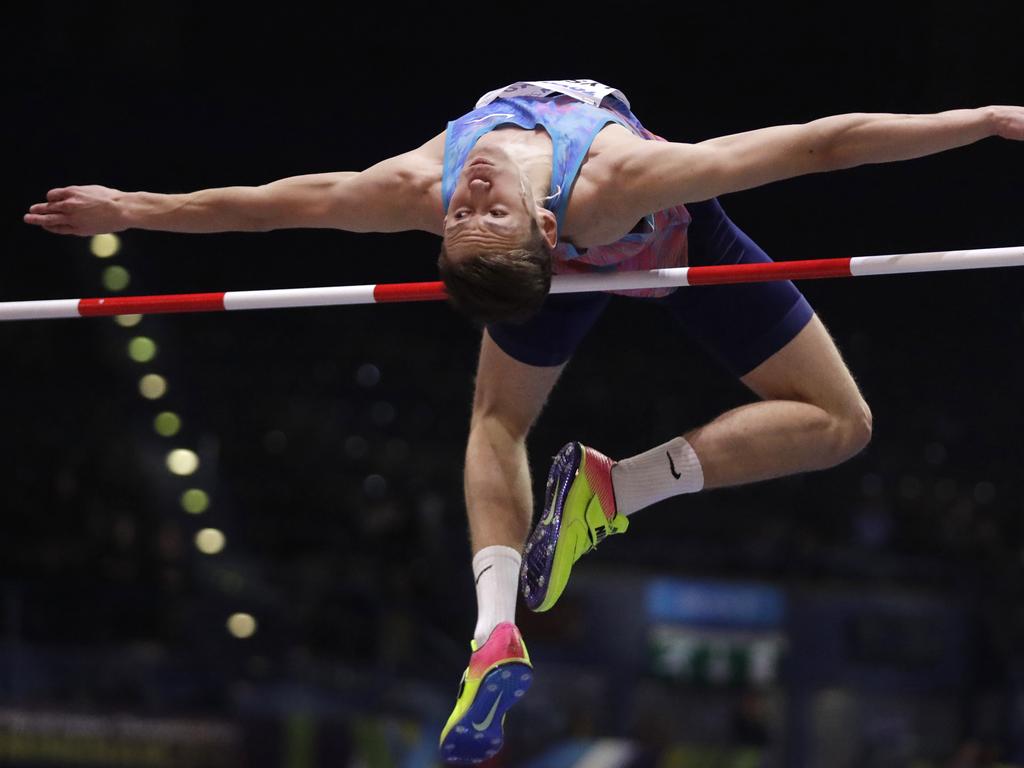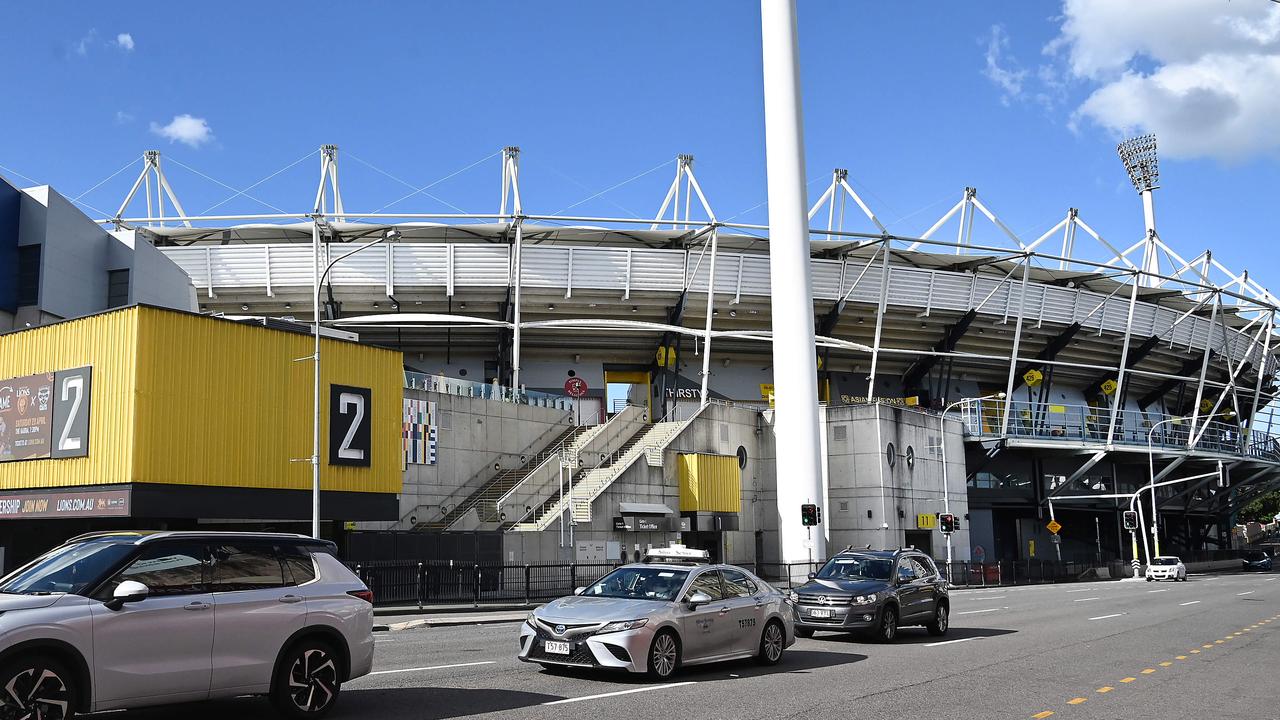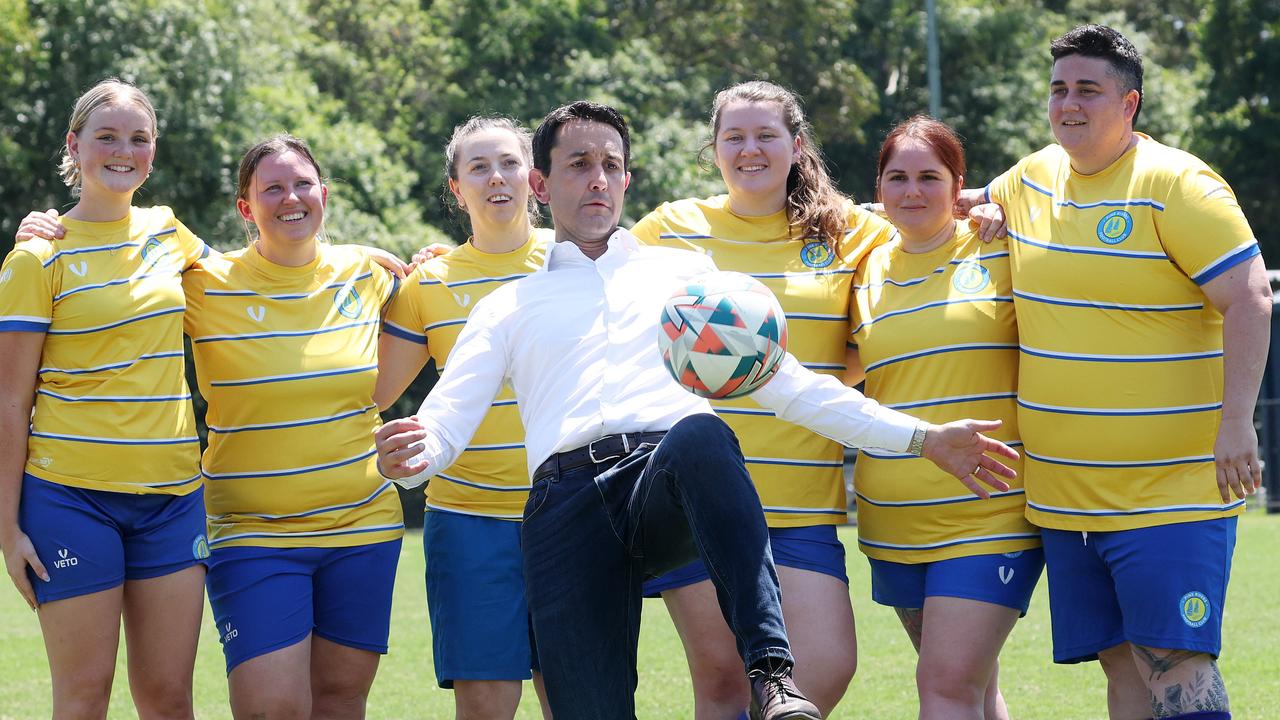‘A sad outcome for clean sport’
A court decision halving Russia’s four-year ban for doping was described by one anti-doping chief as a “sad outcome for clean sport”.
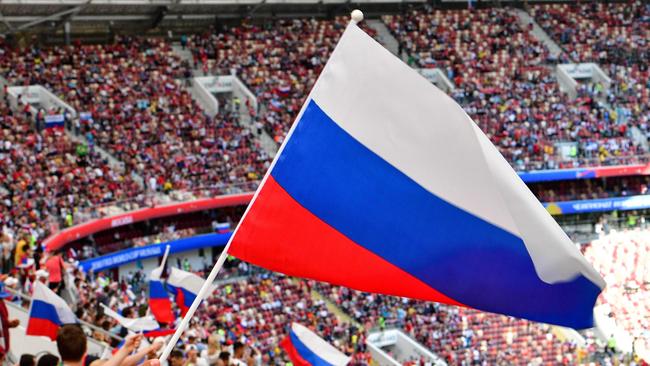
A court decision halving Russia’s four-year ban for doping and allowing the country’s athletes to wear red kits with the word “Russia” at next year’s Tokyo Olympics and the 2022 FIFA World Cup was described by one anti-doping chief as a “sad outcome for clean sport”.
The Court of Arbitration for Sport (CAS) ruling cut the World Anti-Doping Agency (Wada) ban imposed on Russia for manipulating laboratory data to two years, and removed many of the restrictions on athletes competing as neutrals.
Although Russia will not be officially represented at Tokyo, the 2022 Winter Olympics in Beijing or the World Cup, they can have athletes and teams at the events wearing the country’s name. The only absence will be the Russian flag and national anthem.
Travis Tygart, the chief executive of the US Anti-Doping Agency (Usada), told The Times: “Russia has claimed victory and, for them and their ability to corrupt global sport, deceive the world, and cheat the global anti-doping system, they are right.
And the decision has been met with similar dismay among Australian sporting officials with Sport Integrity Australia chief executive David Sharpe declaring it was not in keeping with expectations.
“The reduction of sanctions imposed on Russia will leave Australian athletes asking many questions today,” Sharpe said.
“If these are the strongest sanctions for the type of conduct that has been displayed in this case then the consequences for noncompliance in our global anti-doping system are not aligned with our stakeholder’s expectations.”
“The reduction of sanctions imposed on Russia will leave Australian athletes asking many questions today”.
“If these are the strongest sanctions for the type of conduct that has been displayed in this case then the consequences for noncompliance in our global anti-doping system are not aligned with our stakeholder’s expectations.”
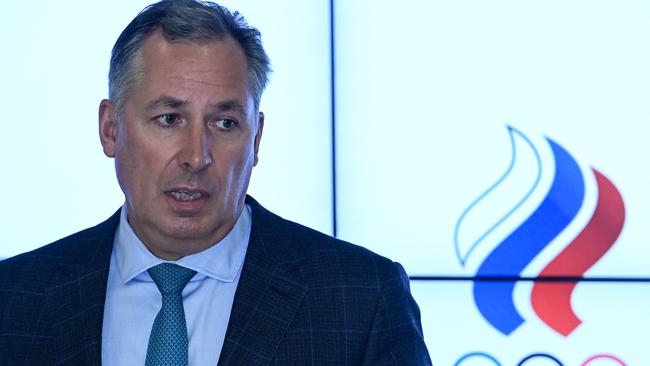
Tygart believes the sanctions will not change Russia’s attitude to doping.
“I don’t think what has happened will change their behaviour. We know that because nothing changed after PyeongChang (2018 Winter Olympics). This is a sad outcome for clean sport.”
The sanction is much weaker than the one imposed by World Athletics for its events, where approved Russian athletes have had to wear grey and black and compete as an “authorised neutral athlete”. The CAS ruling states that the name “Russia” can be used on kit if the words “neutral athlete” are displayed in English in the same position and size.
“For the avoidance of doubt, the uniform may contain the colours of the flag of the Russian Federation (current or historical) collectively or in combination,” CAS said in its ruling.
Tygart expressed his concern that no one could have confidence in any Russian athletes given the lack of standardised testing.
“This decision is riddled with exceptions,” Tygart said. “We might have government officials who have been directly involved in the fraud whom this doesn’t apply to, for instance. In football, Russia can compete in the qualifiers of the World Cup as Russia and then simply go to the tournament rebranded if they qualify.
“There are no standards of testing for Russian athletes ahead of Tokyo. How can we have any confidence in any of the Russia athletes who go to the Olympics if those standards are not in place?
“This devastating decision from CAS in the Russia case hands Wada and clean athletes a significant loss. At this stage in this sordid Russian state-sponsored doping affair, now spanning close to a decade, there is no consolation in this weak, watered-down outcome.”
Tygart pointed out that among “many other loopholes” the CAS decision exempts Russia’s International Olympic Committee members from any prohibition on attending the Olympics. It allows the heads of states of countries hosting major sporting events to invite Russia’s political leaders.

CAS has removed a WADA measure that would have required Russian athletes to prove they were not part of a doping scheme. Athletes whose data was manipulated or covered up in the Moscow laboratory’s database can still compete unless they are serving a ban.
The lawyer for Grigory Rodchenkov, the architect of Russia’s state-sponsored doping programme who turned whistleblower, criticised the court’s decision. Jim Walden said halving the ban was “nonsensical and undeserved” in the face of “overwhelming proof of corruption, doping fraud and obstruction of justice”.
He added: “CAS has once again proven itself unwilling and unable to meaningfully deal with systematic and long-standing criminality by Russia.”
Witold Banka, the president of WADA, said he was disappointed that the panel did not completely endorse the original sanctions, saying he believed they were “proportionate and reasonable”.
“Ultimately WADA is not the judge but the prosecutor and we must respect the decision of the panel,” he said.
The ruling allows Russia to host Olympic or Paralympic Games and world championship events from 2023.
The CAS ruling stated: “(The consequences) should not, however, be read as any validation of the conduct of Rusada (Russia’s anti-doping agency) or the Russian authorities. It has considered matters of proportionality and, in particular, the need to effect cultural change and encourage the next generation of Russian athletes to participate in clean international sport.”
Craig Reedie, Britain’s IOC member who was president of WADA at the time of the original ban, said: “It is still a pretty serious indictment of what went on in Russia.”
Hugh Robertson, chairman of the British Olympic Association, said: “The BOA are committed to upholding the principles of clean and fair sport for all and are grateful to Wada for their resolve in pursuing this important matter. Our only disappointment is that their recommendations were not endorsed in full.”
THE TIMES, NCA Newswire


